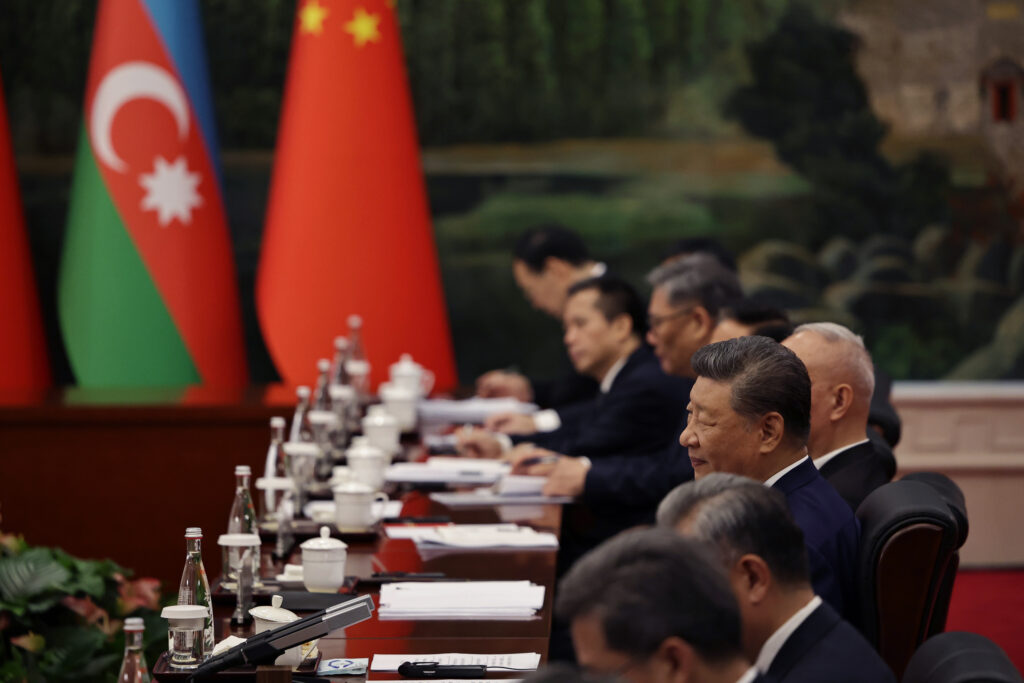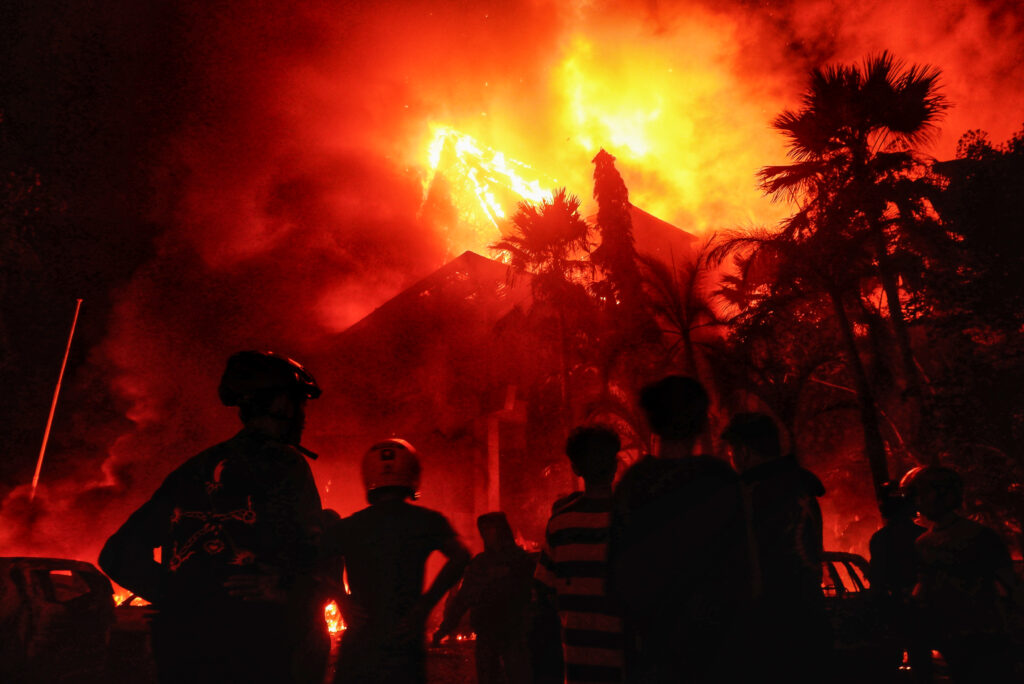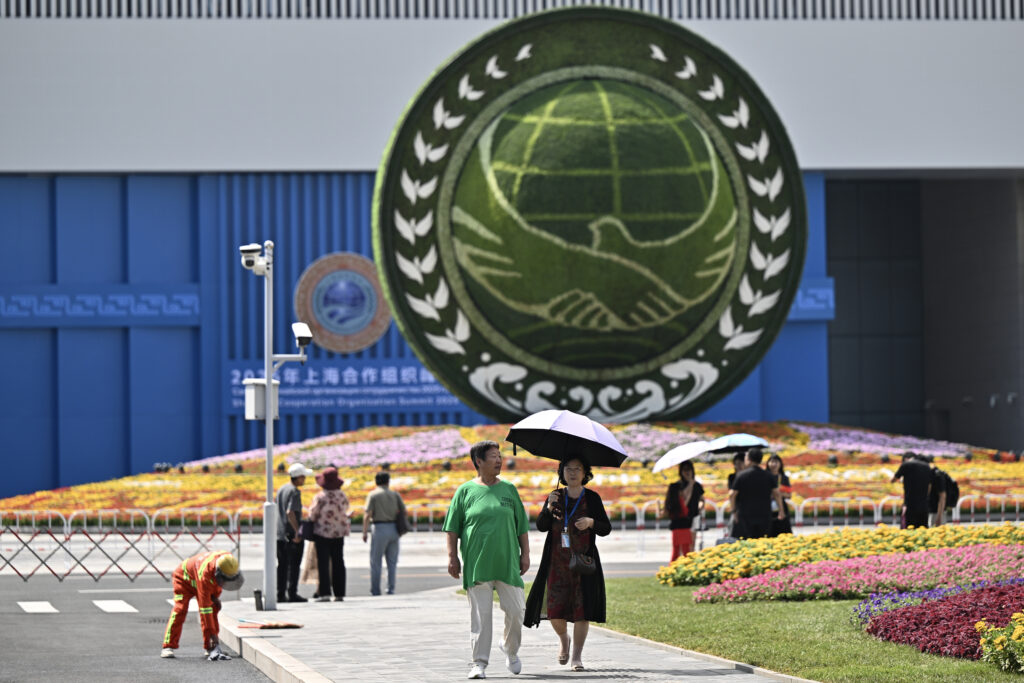Earthquake in Afghan village leaves no family untouched
No household was spared death or injury in the village of Wadir when a powerful earthquake shook eastern Afghanistan, reducing homes to piles of rubble.Aftershocks from the 6.0-magnitude earthquake continued to rumble across the scenes of destruction, where remains of dead livestock jutted out from a tangle of broken beams and muddy, flattened homes.”In every home at least one person was killed or injured,” 55-year-old resident Gul Mohammad Rasooli told AFP, himself injured.The smell of death mingled with the sound of wailing women and scraping shovels as rescuers and residents desperately tried to find anyone still alive.In front of what was a single-storey mud-brick home, rescuers were undeterred by a string of aftershocks that sent a din echoing between the mountains as they tried to find two children.Their mother had been injured, a rescue worker told AFP, “and when we pulled her out she was calling out for her children”, who were still inside.Many families were asleep when the quake struck in the dead of the night. Every 15 minutes, the roar of a helicopter filled the air, with Taliban security personnel spilling out to unload bread and water and then refilling the aircraft with stretchers bearing those hurt worst.Men, women and children were ferried to hospitals in the nearest city Jalalabad, capital of Nangarhar province, around 40 kilometres (25 miles) away. Many roads through the mountainous areas that were already difficult to navigate were rendered impassable by landslides.- ‘May not survive’ -The grim toll of the earthquake started to become clear from the first hours after the earthquake early on Monday.The country — one of the poorest in the world and regularly hit by natural disasters that are expected to multiply under the effects of climate change — has already counted more than 800 dead.Thousands of injured are already crammed into hospitals, where doctors and nurses work frantically amid the constant flow of stretchers.In Wadir, where around a 1,000 homes are tucked in the mountains of Kunar province — half of them belong to Afghans recently expelled from neighbouring Pakistan and trying to rebuild their lives — no one yet dares to give a final death toll. “It won’t be wrong to tell you that nine out of 10 people are either dead or hurt,” said 38-year-old doctor Fazel Rabih, who was delivering first aid.Eastern Afghanistan is no stranger to powerful earthquakes, having seen 12 with a magnitude higher than seven since 1900.But 20-year-old Wadir resident Mohammad Jawad said he had never felt one so strong. “When the earthquake happened it was so strong I ran out of the house and it immediately collapsed behind me,” he told AFP, saying among the 10 members of his family, one person had been killed and most of the others had been injured.Even as the earth continues to shake under their feet, the villagers fear the worst is not over, as dark rain clouds gathered in the mountains overhead. There is no shelter for those left behind in the scarred remnants of the village, said the village mullah Irfan Ulhaq.”If anyone is alive under the rubble, they may not survive.”









